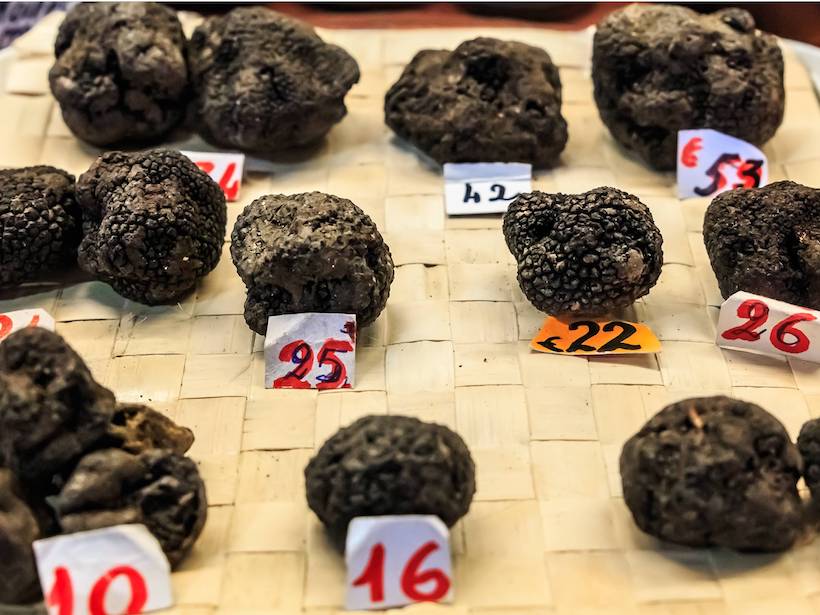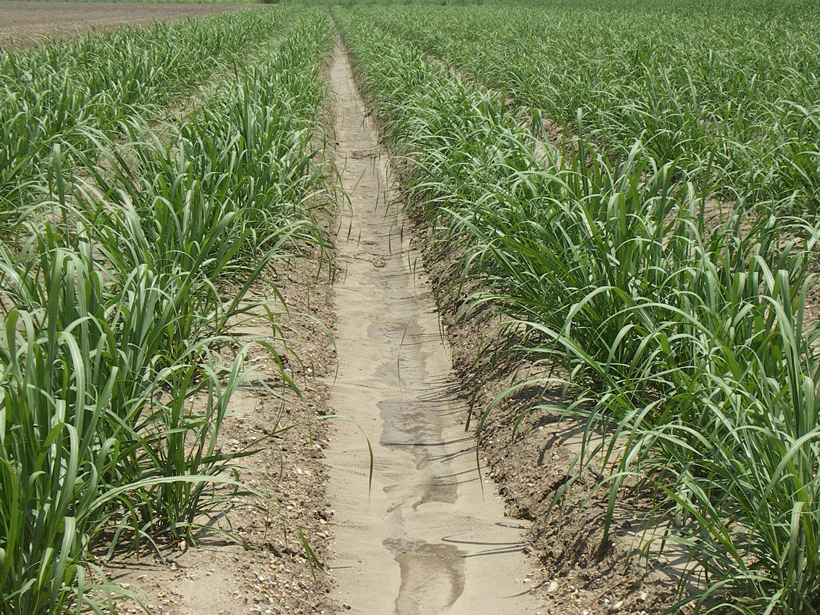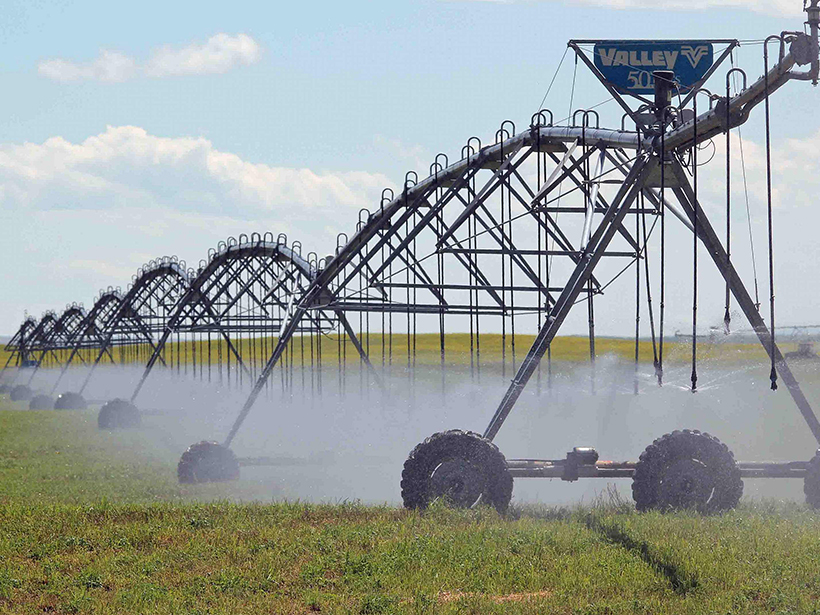By analyzing thousands of oak timbers dating from the 4th to 21st centuries, scientists have pinpointed the advent of a forest management practice.
agriculture
A Culinary Silver Lining of Climate Change: More Truffles
The cultivation potential of a popular truffle species will increase in central Europe by 2050, global climate models predict.
European Colonists Dramatically Increased North American Erosion Rates
Around 200 years ago, when conversion of land for agriculture became more widespread, the amount of sediment accumulating in riverbeds across the continent jumped tenfold.
Rethinking the Concept of Virtual Water in the Global Trade Market
Discussions around global trade are starting to consider the water it takes to produce exported goods. Some scientists argue that this approach should take a regional rather than global perspective.
Using Food to Tell the Climate Change Story
Discussing the impact of climate change on food is an effective way to spark interest in the science of climate change and how to mitigate associated problems.
Our Food Systems Are Complicated. Food Data Don’t Have to Be
Researchers made a “Google Maps” for global food systems. Could it help us tackle food’s thorniest problems?
Can Satellites Fill Gaps in Agricultural Water Monitoring?
Past studies that have estimated irrigation water usage based on satellite remote sensing have had large uncertainties that could hamper effective water management.
Modeling Groundwater and Crop Production in the U.S. High Plains
Innovative new research by a team of international scholars borrows modeling methods from ecology and applies them to groundwater sustainability.
Agricultura Sustentable Reflejada en Calidad del Agua de Cuba
Las muestras de agua de 25 ríos en el centro de Cuba están dominadas por signos de erosión de las rocas en lugar de la escorrentía de fertilizantes, según muestran investigadores que trabajan en instituciones cubanas y estadounidenses.
Movement Recognizes the Promises and Vulnerabilities in Pastoralism
With grassroots support, the Food and Agriculture Organization is moving closer to recognizing an International Year of Rangelands and Pastoralists.










